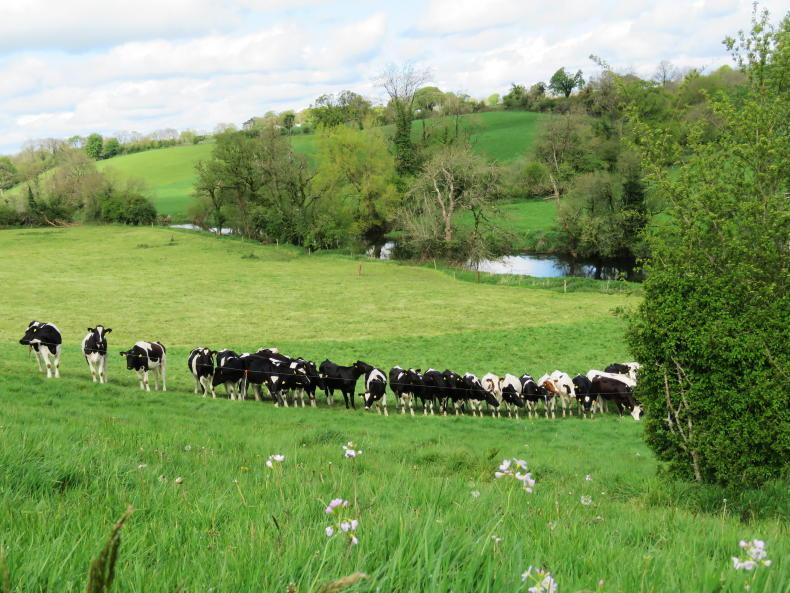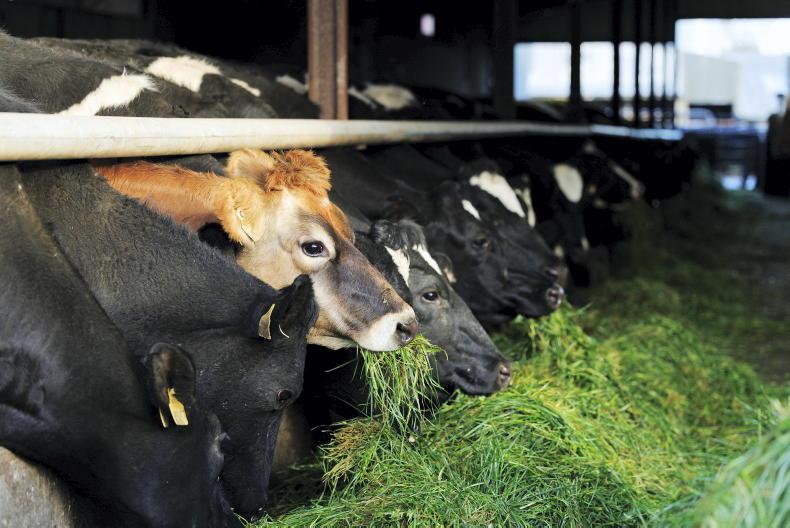March manyweathers, they call it, but for dairy farmers, the spring weather has been generally good. The political climate around the dairy sector has been less agreeable.
Minister for Agriculture Charlie McConalogue’s mild warning at the IFA AGM that dairy expansion was not a limitless arc was only two months ago, but so much has happened since then.
The storm clouds around the Glanbia limits on expansion have been well documented. Glanbia may well win the planning review initiated by An Taisce, but any future dairy processing capacity expansion (by anyone) may be similarly challenged. The Climate Change Advisory Council will deliver a sectoral target for farming for the next five years and for 2030. And while farmers are united in opposing mandatory reduction targets, if they become reality, cracks between farm sectors may appear.
The current pattern of rising emissions from Irish farming coincides with the end of quotas and dairy expansion. Will drystock and tillage farmers be happy to share the burden of offsetting that?
Review
A review into the consumption pattern of Irish agriculture’s output has been promised, which would offer context. Remember, with oil, fertiliser and other products, the carbon cost is on consumption, not production. Elsewhere in this paper, Eamon Ryan has confirmed that there is no timeline for that process to even begin, so that’s one battalion of the cavalry that isn’t going to arrive anytime soon.
So where do the solutions lie? Last week the IFA released the most recent results from its Smart Farming initiative. The adoption of best practice on farms is delivering significant carbon reductions and cost savings – a win-win. Carbon emissions dropped by 9% on average, with average cost savings of €5,600. That is real money and real climate change mitigation.
The ASSAP sustainability programme could have the potential to assist the rollout of best practice to thousands of farmers closely located to river catchments, delivering carbon reductions, water quality improvements, biodiversity improvements, and cost savings.
Broader questions
On the broader questions around global food production and Ireland’s role as a food exporting nation versus the environmental impact of that production, we need our politicians to deliver a rational and balanced view on this.
It’s interesting to see MEP Billy Kelleher and now four Fine Gael TDs (all former ministers) come on to the pitch to criticise An Taisce for the Glanbia challenge.
There are silver linings in the clouds.










SHARING OPTIONS